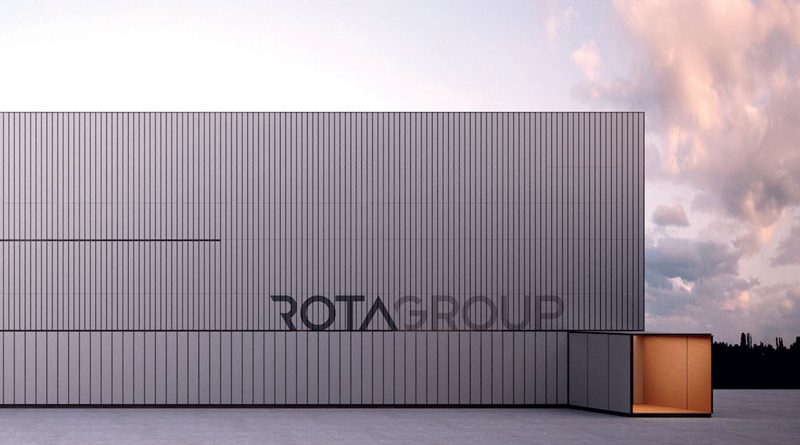New Process for the Industrialisation of Magnesium
PowerCoat® Solution is the project that the Italian RotaGroup has developed in 4 years of research
by Roberto Guccione
PowerCoat® Solution is the name of the technology that will turn Magnesium from being a potential resource to a material of routine use in industrial and product processes: from automotive to aircraft components, from biomedical applications to replacements for technopolymers. The future of super-performing materials is close at hand and the signature on them is Italian. This leap forward is the work of the RotaGroup – the group founded by Antonio Rota at Pozzo D’adda (MI), specialising in services related to the aluminium production supply chain. The holding company coordinates both the DVNE brand, a line of Peraluman aluminium iridescent coatings characterised by a special surface grain, Ossidazione Anodica, created in 1978 to bring innovation and sustainability to aluminium oxidation processes, and RotaLab, whose mission is to develop research and development projects for presentation on the market. In October 2018, during Aluminium 2018, Antonio Rota presented PowerCoat® Solution, the project that will set in motion the industrialisation of magnesium, making it stable, economically competitive and sustainable, from the standpoint of energy, procurement and production.
Magnesium, characteristics and opportunities
Magnesium is a resource that, with the same workability and performance as aluminium, is 6 times more common in Nature, weighs a third less than aluminium and is much cheaper to extract. It also has a very low density and high specific resistance, making it the lightest of the structural metals. Lightness, strength, durability, economy and environmental sustainability are the key factors that are driving industry towards the use of magnesium. Despite its considerable potential, this metal has so far found few applications due to problems related to its industrialisation, corrosive processes and instability in the industrial handling phase, giving rise to difficulties in ensuring product durability in the medium/long term.
The magnesium protection treatments tested up to now are not very sustainable: costs are high and performance low. The most effective anti-corrosion treatments developed to date are characterised by a lack of scalability, low productivity and high energy expenditure, with major repercussions on costs that have prevented its widespread use at industrial level.
PowerCoat®
PowerCoat® Solution is a true industrial and process solution that, starting from studies conducted over the years at R&D project level, has converted a scientific intuition into an industrial technology capable of profoundly transforming global industries.
The Rota Group has invested in research for 4 years in order to develop an electroceramification process for aluminium and magnesium alloys that – after laboratory testing – is now ready for industrial production. The process is able to make these materials incredibly stable, durable and resistant, opening up new horizons for global sectors such as the aerospace and automotive. In addition to the transport and infrastructure sectors, PowerCoat® has qualified for high level automotive corrosion protection requirements and tests are underway for the use of accessories and body parts in the production line.
The pilot plant
The RotaGroup project includes a first pilot plant in the province of Milan: construction will begin next year and the system will be operational from the first quarter of 2020. The plant will be the model for global replicability and scalability, with a medium-term growth plan of five production sites to be located in geographical areas characterised by a low Kwh cost.
The pilot plant will have peak phase energy consumption of only 3MW, being able to produce about 500,000 square metres/year of treated material at costs comparable to those of the current market for hard oxidation, using a process with zero pollutant emissions. An investment of 5 million Euros has been decided for the test plant, with a total investment of 30 million Euros for the replicability of the project worldwide.

